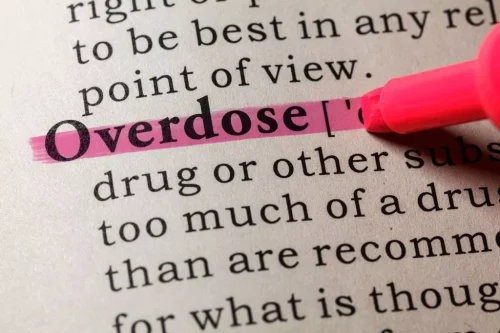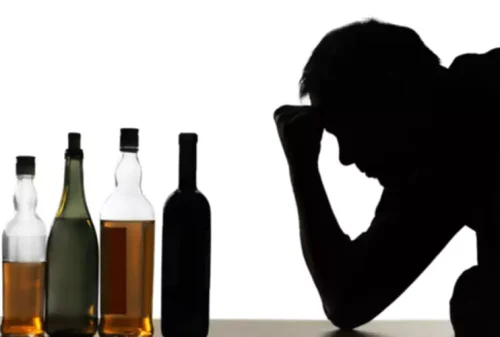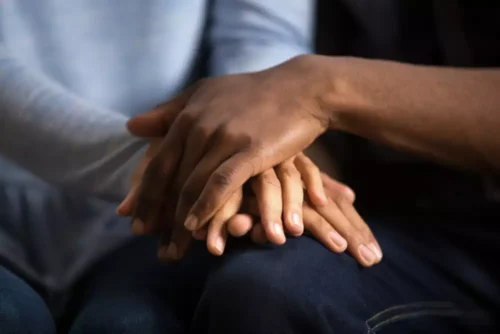17 Oct Alcohol Bloating: Stomach Issues, Weight Gain, Duration

Evidence suggests that consuming alcohol may decrease the body’s sensitivity to cues, like daylight and darkness, which trigger shifts in body temperature and secretion of the sleep hormone melatonin. These fluctuations play a vital role in the sleep-wake cycle, and when they are weakened—or absent—a person may feel alert when they want to sleep and sleepy when they want to be awake. The importance of quality sleep in all mental health issues, and overall well-being, cannot be overstated.
How Long to Wait Between Drinking Alcohol and Bedtime
The more you drink, and the closer your drinking is to bedtime, the more it will negatively impact your sleep. Even moderate amounts of alcohol in your system at bedtime alters sleep architecture—the natural flow of sleep through different stages. It also leads to lighter, more restless sleep as the night wears on, diminished sleep quality, and next-day fatigue. In addition to altering your sleep architecture, alcohol can disrupt your sleep by interfering with contributing to sleep disorders and interfering with circadian rhythms.

Limiting Alcohol Consumption Before Bed
- The study also showed that alcohol affected men, women, and both active and sedentary individuals similarly.
- She is a registered nurse and currently works in the Intensive Care Unit.
- But from a mental health perspective, alcohol is still affecting them negatively.
- Just as alcohol affects all of us in different ways — and at different stages — there’s no set rule for how it will affect your sleep.
People who drink regularly may experience effects such as excess gas or even weight gain. If bloating after drinking becomes a problem, there may be ways to either get rid of it or avoid it in the first place. Ultimately, researchers found that alcohol before sleep dramatically affects sleep architecture (the structural organization of sleep and how you move through sleep stages one, two, three, and four).

Wine: The Solution To A Good Night’s Sleep?

During the final hours of sleep when alcohol is metabolized by the body, it can have a disruptive effect on sleep, causing frequent waking and fragmented sleep. Ultimately, alcohol can decrease the amount and quality of sleep you get. Research suggests that, as a depressant, alcohol does help you fall asleep faster, but those effects quickly wear away after just a few hours as your body tries to eliminate the alcohol from your system. Unsurprisingly, studies of people with insomnia have also found that heavy alcohol use exacerbates insomnia. People who wake up feeling unrefreshed may be more likely to rely on alcohol again to help them sleep the next night, leading to a counterproductive pattern of alcohol use.
- If you’re having trouble falling or staying asleep, alcohol consumption could be a contributing factor.
- Below, we’ll take a closer look at how alcohol affects the different stages of sleep, as well as how the quantity and timing of alcohol can influence sleep quality.
- You’ll get a 100% custom plan, then use daily texts to track your progress and help you stay on target.
- Drinking before bed is also linked with more slow-wave sleep patterns called delta activity, but alpha activity, which indicates wakefulness with eyes closed and often precedes sleep, is turned on at the same time.
She is also a fellow of the College of Chest Physicians, as well as the American Academy of Sleep Medicine (AASM). Dr. Khosla runs a telemedicine outreach program that serves rural areas in North Dakota and has done so for the past decade. She is active within AASM and has served on numerous AASM committees, including the original Telemedicine Task Force. She https://ecosoberhouse.com/ also served as the inaugural chair of the Clinical and Consumer Sleep Technology Committee and is the current chair of the AASM Public Awareness Advisory Committee. Information provided on Forbes Health is for educational purposes only. Your health and wellness is unique to you, and the products and services we review may not be right for your circumstances.
- Vivid dreams and nightmares — With alcohol in your system you’re more likely to have intense, colorful dreams and nightmares as you sleep patterns ebb and flow.
- Sleep architecture is biologically driven and finely calibrated to meet the body’s needs during nightly rest—changes to the natural, typical structure of sleep aren’t generally good for health or well being.
- If you’re struggling to get enough quality rest, talk to a health care professional about ways to improve your sleep.
- This may mean a higher concentration of alcohol remains in our bloodstream, and a mightier hangover awaits us the morning after.
For many people who drink moderately, falling asleep more quickly may seem like an advantage of a nightly glass of wine. Reducing your alcohol intake, especially in the hours leading up to your bedtime, can help you wake up well-rested and energized in the morning. In addition, since poor sleep can negatively affect one’s health, the benefits of a restful night go beyond feeling alert in the morning. “Even does alcohol help you sleep if alcohol initially helps [someone] fall asleep, they may wake up many times throughout the night or not get into a deep sleep,” she continues. If you are one of the nearly two thirds of Americans who drink alcohol, chances are, you’ve had a drink in the hours before bedtime. Maybe you enjoy a glass of beer or wine after dinner, or your weekends include drinking with friends at bars or social events.
Receive sleep apnea notifications on Apple Watch

RISE can tell you when exactly you should stop drinking alcohol based on your circadian rhythm, or body clock, each day. We found RISE users with low sleep debt are most likely to use this habit reminder. Alcohol can also sometimes act as a stimulant, making you feel more awake instead of sleepy. This can happen with low doses, when your blood alcohol levels are rising, and when you drink alcohol at different times of the day. This can also happen if you drink alcohol with caffeine (think espresso martinis or vodka Red Bulls) or with a lot of sugar (i.e. sugary cocktails or energy drinks).



No Comments